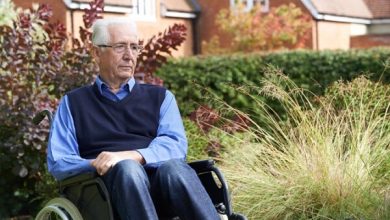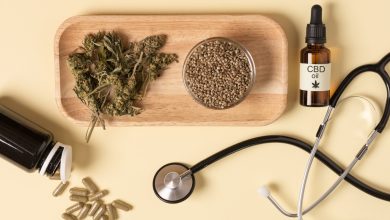What steps can I take to improve my well-being while undergoing chemotherapy?

If you’ve been told you have cancer, chemo might be necessary to help make you better. Chemotherapy is made up of various chemicals that combat the cancer cells in your body. It functions by preventing the growth and reproduction of these cells, but it can also impact normal cells. The drugs can be given as injections or infusions, or there are drugs that are taken orally. The chemo medicines travel through the bloodstream to their targets, destroying the cancer cells in the body. Generally, the injections don’t hurt, but you should tell your nurse if you feel pain during the treatment as this could be from incorrect tube positioning or another factor.
If you are worried about the potential side effects of chemotherapy, this article may be of help. Symptoms, such as nausea and vomiting, can begin in just a few hours after chemo is injected, with delayed effects that last up to several days. Other side effects can include fatigue, hair loss, appetite changes, bruising and bleeding, constipation, infections, and anemia. The exact effects will depend on the type of anti-cancer drugs you are receiving. To help make the process easier, here are some tips to alleviate symptoms and feel better during chemotherapy.
- Get enough rest
Cancer patients may find themselves feeling fatigued due to chemo treatment. Thus, it is critical to get adequate rest. When you are feeling upbeat, still be careful not to put too much strain on yourself. To make sure your strength is restored allow yourself to relax, go at your own pace, and get sufficient rest. Never be afraid to reach out for help making life easier.
- Eat when you can
Chemotherapy may lead to a lack of hunger and sensations of sickness. Additionally, flavors of regular foods can change during these treatments, which makes it hard to eat anything. In the face of these issues, it is essential to consume good quality food and more calories to ward off cachexia. Otherwise, you may become worn out and malnourished.
- Keep yourself hydrated
Dehydration may cause exhaustion and other medical problems. This typically occurs when someone has a lot of diarrhea and throwing up. Therefore, it is very important to drink sufficient water and nutrients to stay moisturized. To ease diarrhea, take non-prescription Loperamide or Imodium. Start at two 2 mg caplets in one go, and consume one additional 2 mg caplet after every occurrence of diarrhea. The maximum dosage is 8 caplets each day (16 mg), and it is best to not go over 6 capsules in a day (12 mg).
- Get nausea/vomiting prescriptions ready before chemotherapy
You should get a prescription for anti-nausea medications such as Ondansetron or Metoclopromide from your doctor as these cannot be bought over the counter. Additionally, small foods such as citrus, ginger and peppermint may aid in relieving nausea, so you can suck on a lemon, drink ginger tea or eat ginger chews. Note that both medications should be taken only under the doctor’s supervision and at the same time if necessary.
1) The maximum daily dosage of Ondansetron is 4 pills that are 8 mg each, with them not being taken any more often than every 6 hours..
2) Metoclopromide 10 mg should be taken no more than 6 times a day, at most 8 hours apart, and ideally 30 minutes before eating a meal. The maximum daily dose is 60 mg.
- Bring anything that would make you feel at ease.
Be sure to bring along whatever comforts you during your chemotherapy treatments. This could include a snuggly blanket, a yummy snack, a great novel, or a beloved friend.
- Attempt to keep your regular schedule.
It is important to remain consistent in your life. To dodge feelings of angst and gloom, adhere to your daily routines to the best of your capacity. Taking an extended break from schooling, work, or extracurricular activities could be good for you, but it could also contribute to developing unhealthy habits.
- Steer clear of catching any type of infection.
Given that chemotherapy can decrease your body’s immunological defenses, you may become more susceptible to infection. Exercise caution when going to places with high numbers of people, wash your hands frequently, and do not make contact with surfaces.
- Be ready for the potentiality of experiencing hair loss.
Hair thinning or loss usually begins occurring approximately 7 to 21 days after chemotherapy treatments. Some patients might discover their hair thinning gradually, while others might find a great deal of their hair on their bedding after waking up. The severity and sort of chemotherapy drugs taken by a patient decide the amount of hair-loss. Therefore, it would be smart to talk to your physician about the possible effects of your drugs; ask when and how much hair loss is expected. Be prepared for it and create an action plan on how to handle it. Cooling caps are one of several alternatives.
- Create a group of acquaintances.It is essential to have a strong support system when going through chemotherapy. This system should involve family, friends, healthcare professionals, and other individuals. These people may be a source of emotional support and will be there to assist you throughout your treatment.
- Stay positive
Each day of your trip may be a surprise. Thus, it is essential to stay upbeat and maintain a positive outlook. Remain near your relatives, participate in a cancer help group, exchange your stories, and support others. We will make it through this as a team.













